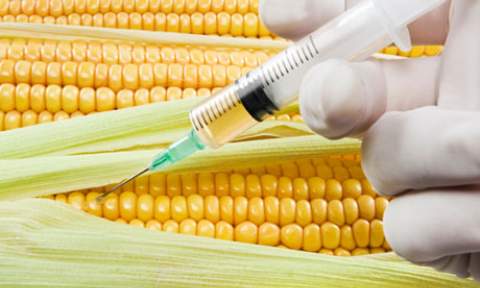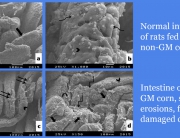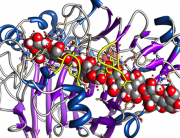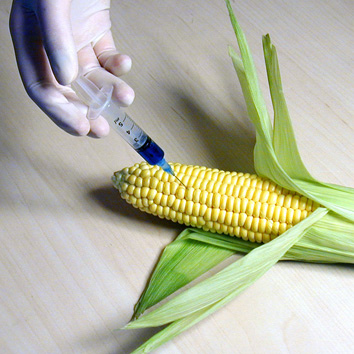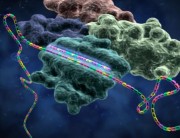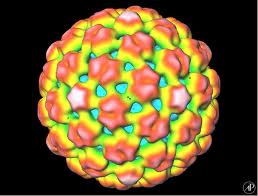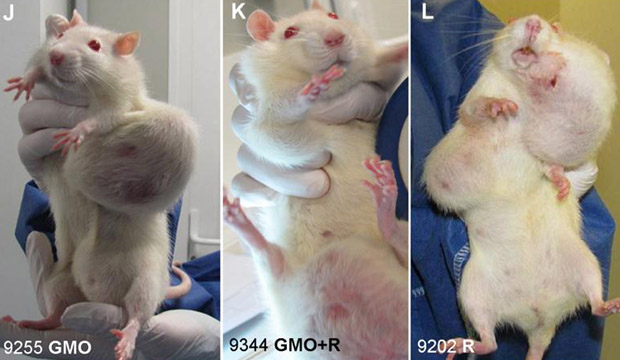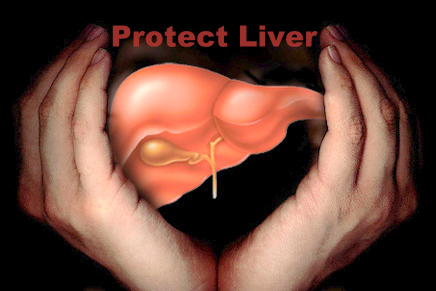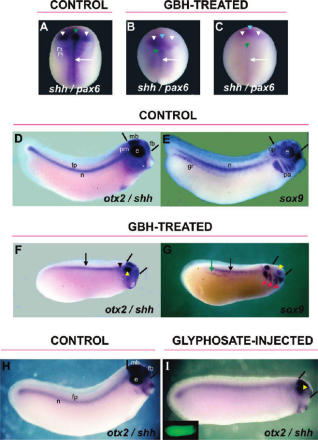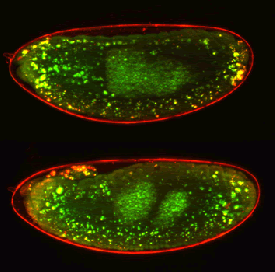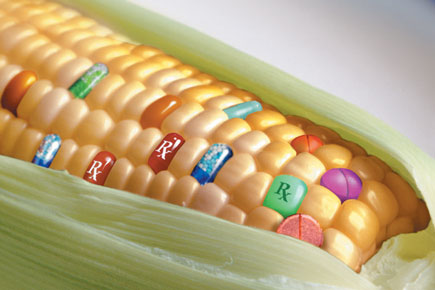In the three GM maize varieties that formed the basis of this investigation, new side effects linked to the consumption of these cereals were revealed, which were sex- and often dose-dependent. Effects were mostly concentrated in kidney and liver function, the two major diet detoxification organs, but in detail differed with each GM type. In addition, some effects on heart, adrenal, spleen and blood cells were also frequently noted.
Source: www.biolsci.org
Abstract
We present for the first time a comparative analysis of blood and organ system data from trials with rats fed three main commercialized genetically modified (GM) maize (NK 603, MON 810, MON 863), which are present in food and feed in the world. NK 603 has been modified to be tolerant to the broad spectrum herbicide Roundup and thus contains residues of this formulation. MON 810 and MON 863 are engineered to synthesize two different Bt toxins used as insecticides. Approximately 60 different biochemical parameters were classified per organ and measured in serum and urine after 5 and 14 weeks of feeding. GM maize-fed rats were compared first to their respective isogenic or parental non-GM equivalent control groups. This was followed by comparison to six reference groups, which had consumed various other non-GM maize varieties. We applied nonparametric methods, including multiple pairwise comparisons with a False Discovery Rate approach. Principal Component Analysis allowed the investigation of scattering of different factors (sex, weeks of feeding, diet, dose and group). Our analysis clearly reveals for the 3 GMOs new side effects linked with GM maize consumption, which were sex- and often dose-dependent. Effects were mostly associated with the kidney and liver, the dietary detoxifying organs, although different between the 3 GMOs. Other effects were also noticed in the heart, adrenal glands, spleen and haematopoietic system. We conclude that these data highlight signs of hepatorenal toxicity, possibly due to the new pesticides specific to each GM corn. In addition, unintended direct or indirect metabolic consequences of the genetic modification cannot be excluded.
Authors
Joël Spiroux de Vendômois, François Roullier, Dominique Cellier, Gilles-Eric Séralini



















